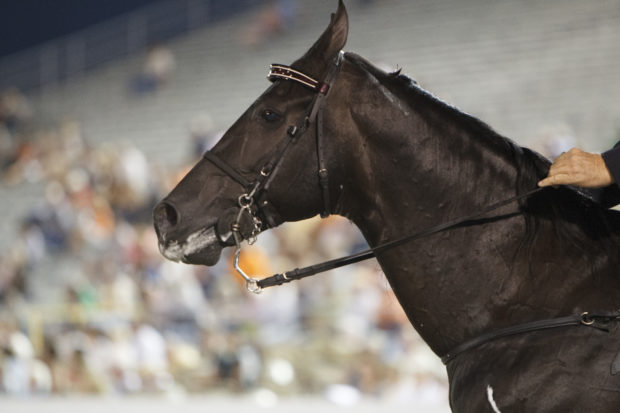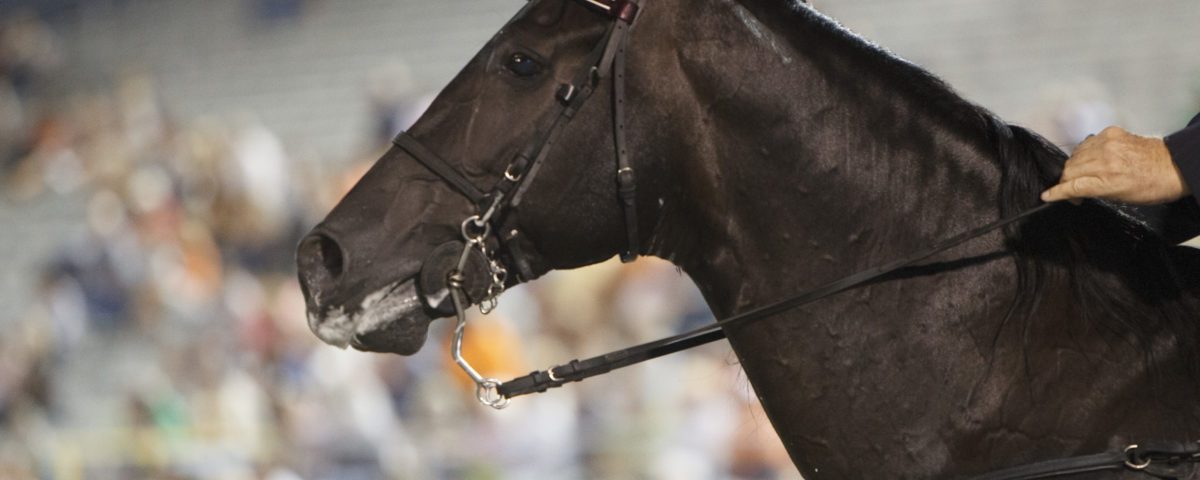The coalition of groups demanding that the U.S. Department of Agriculture restore inspection reports and violation notices called for under the Animal Welfare Act and the Horse Protection Act is growing at a rapid pace and strengthening its reach. Last week New York Attorney General Eric Schneiderman, a Democrat, and former U.S. Senate Majority Leader Bob Dole, a Republican, weighed in and called on the USDA to restore the documents. They join 120 federal lawmakers, editorial boards throughout the nation, and an enormous number of animal welfare groups and even animal industry groups who are pressing the USDA to turn this situation around quickly.
Indeed, it’s becoming a common view that the USDA took a radical and unwarranted action when it wiped vital animal welfare records from its website – preventing the public from readily accessing enforcement records for thousands of laboratory facilities that use animals for cosmetic testing and biomedical research, roadside zoos that often inhumanely confine and exploit wildlife, puppy mills that are serial violators of animal care standards, and trainers and owners who intentionally inflict pain on Tennessee walking horses to win blue ribbons.

The HSUS lawsuit originally pulled the USDA in the right direction, but a much more recent lawsuit by two individuals in Texas cited for horse soring appears to have been tugging the agency in the opposite direction. Photo by The HSUS
Immediately upon learning that the documents had been taken down, The HSUS served notice on the U.S. Department of Justice that the USDA’s data blackout violated a 2009 court-ordered settlement agreement regarding annual reports of animal research facilities, which contain details of the number of animals used in experiments that cause pain or distress without anesthetic or painkillers. On Friday, the USDA said it would post annual reports on the use of animals in research – an action that appears to be partly responsive to the original settlement we struck with the agency in 2009.
But while our lawsuit originally pulled the USDA in the right direction – ultimately leading the agency to post not only the animal research annual reports and inspection reports but all inspection and violator notices under the AWA and HPA starting in 2011 – a much more recent lawsuit by two individuals in Texas cited for horse soring appears to have been tugging the agency in the opposite direction. These alleged horse-soring violators are acting as proxies for the larger class of soring lawbreakers who don’t want their names published on the USDA website at all.
Under the Trump administration – with USDA transition team leader Brian Klippenstein, who has long worked as a paid operative for a group dedicated to action on behalf of the horse soring crowd, puppy mills, roadside zoos, and others inspected by the agency – the USDA has used the Texas case as an apparent pretext for its massive document takedown.
Given that the USDA is trying to explain a massive dump of documents through a pretty narrow case dealing only with horse soring, we decided to intervene in this Texas lawsuit. Something about the case smells rotten – almost as if it were a coordinated set-up between the plaintiffs and the new people calling the shots at the USDA. You can be sure that we didn’t want the new faces at the USDA and the DOJ cooking up a deal with the horse soring crowd that locks down information not only mandated under the HPA but also under the AWA.
It’s clear there’s a tug of war going on. We represent the forces of transparency demanding vigorous enforcement of our nation’s animal protection laws. And the horse soring crowd, the puppy mills, and the others that routinely violate the law, well, they want a get-out-of-jail-free card. What’s more, they don’t want anybody knowing about their questionable or illegal conduct.
Let’s be clear that the USDA in 2011 did not go out on a limb by posting these records and providing transparency when it comes to inspections that may reveal violations of certain laws, regulations, or standards. What the agency did is consistent with how other enforcement agencies handle violations they uncover. Many states and localities also post reports of code violations found during inspections of nursing homes, schools and child care centers, school buses, and restaurants, that have not been fully adjudicated. It’s customary for police reports on traffic violations, arrests, or other alleged criminal activity (sex offenders, for example) to be posted prior to a court date/hearing. In terms of the federal government’s position on such matters, there are plenty of examples that show that the privacy explanation is absurd.
Here’s the latest surprise though. Late last week, the plaintiffs in the Texas lawsuit – the owners charged with injuring the feet and legs of their horses to force them to perform the pain-based “big lick” gait – abruptly threw in the towel and consented to dismiss that case. We’re not sure if they cut a secret deal with the USDA behind the judge’s and the public’s back, or if they just realized that they had a very difficult path to prevail in court, given The HSUS’s intervention.
Either way, we won’t stand for the data takedown; we’re going to stand up for animals and for the bright light of public scrutiny and oversight to which we are all rightly accustomed. There’s not only a rising chorus of objections from animal protection advocates and lawmakers — the USDA has also heard from some of the regulated industries (e.g., Petland, Association of Zoos and Aquariums, and Speaking of Research) encouraging the agency to repost the documents. New Jersey lawmakers called on the agency to do so, given that the state’s own restriction on the sale of dogs from mills with poor USDA inspection records is now unworkable. Other states are expected to chime in with similar demands.
We won’t relent in our national campaign to enforce our federal laws whose purpose is to protect animals. The question for the USDA is simple: does it stand with a broad coalition that calls for more transparency and the rule of law, or does it stand with the worst violators of the law and plan on colluding with them in an ongoing cover-up of their transgressions?
The post Which path will the USDA choose: Transparency or a cover-up and collusion? appeared first on A Humane Nation.
Enviroshop is maintained by dedicated NetSys Interactive Inc. owners & employees who generously contribute their time to maintenance & editing, web design, custom programming, & website hosting for Enviroshop.
